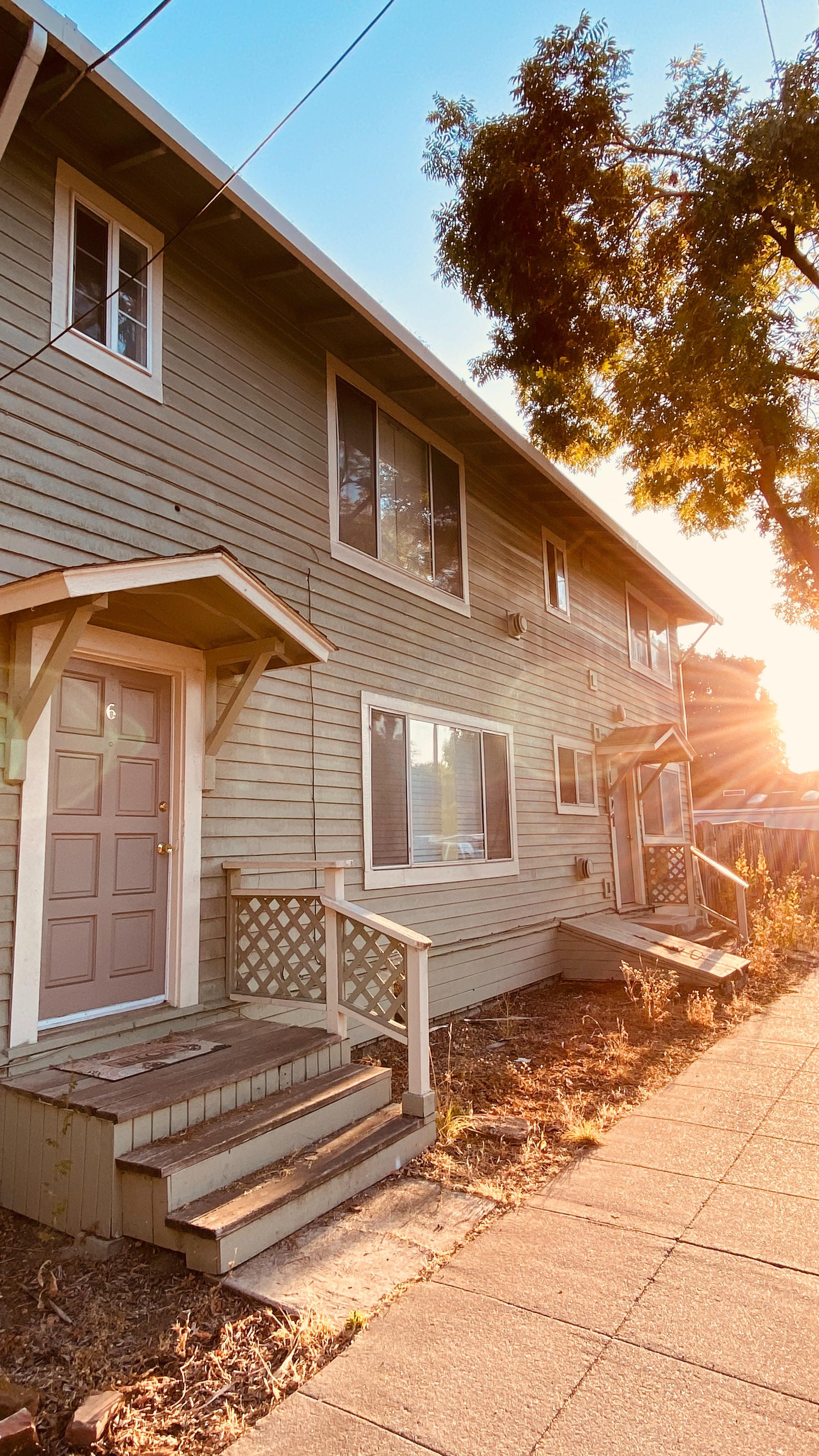
Back in the 1980s and early 1990s, elastomeric compound Masonite siding became a popular choice among homeowners. It’s a budget-friendly siding choice that offers great curb appeal, but just like any other type of siding material, it requires some basic maintenance to preserve its look and functionality. If your home has Masonite siding, it’s helpful to know how it benefits your property and what issues you might run into in the future.
Benefits of elastomeric compound Masonite siding.
Environmentally friendly.
While it has a similar look to actual wood siding, elastomeric compound Masonite siding is made up of recycled wood materials that are held together with glue or resin. That means your Masonite siding helped preserve wood materials that would otherwise go to waste. It also doesn’t have any harsh chemicals that can harm either you or the environment. So if it does ultimately end up in the landfill, you won’t hold any responsibility for potentially hazardous effects on nearby soil or water tables.
Incredible durability.
Due to the nature of how Masonite siding is constructed, you can actually bend it to form curves and arches. This doesn’t just help you design siding that fits your home, but it also strengthens its integrity. You won’t have to worry about it breaking, and it is both durable and waterproof. In fact, when installed correctly, you could expect it to remain intact for fifty years or longer.
Customizable options.
Masonite siding can come in a variety of textures and colors. The most commonly used version is the regular Masonite siding that tends to come in either a smooth or woodgrain finish. You also have textured siding which offers a rougher texture while still being able to choose between a smooth or woodgrain finish. Painted Masonite siding has an even rougher texture. Regardless of which option you choose, you’ll have the freedom to customize it to perfectly fit your home’s unique aesthetic.

Common problems with elastomeric compound Masonite siding.
Discoloration.
Over time, the exposure to the elements can cause the Masonite siding to lose its initial luster. The color can become muted or stains can seep out onto the paint. Some basic maintenance can help slow down this process, though. If you notice that the color has started to look off, you can have an expert come out and scrape off any blistered, cracked, or stained sections. Once the surface has been freed of these eyesores, they’ll simply apply a new coat of paint to restore the siding’s appearance.
Rotting.
Another problem homeowners experience when they have Masonite siding is the slow decay of the material over time. If moisture manages to get into the siding, you can experience problems like swelling, buckling, and, eventually, rotting. You know you have a problem if the boards start to feel soft. Outside of regular maintenance to keep the moisture out, there isn’t much you can do to fix this problem outside of replacing the affected boards with new pieces of siding.
Insect infestation.
Even though Masonite siding isn’t made entirely of solid wood, it does still have wood materials in it. That means it can be susceptible to insect infestations, particularly if the boards become softer over time. Insects like termites and carpenter ants can eat away at the wood material in your siding and cause it to decay more rapidly. You can usually prevent this with regular inspections and pest control services around the exterior of your home.
Does your home have elastomeric compound Masonite siding?
Let the professionals at UCI Paints help you keep it looking like new. We’ve been serving South Florida homeowners for over fifty years with our factory-direct paints manufactured locally. We can supply you with the perfect product to stand up to our hot and humid Florida weather so you can keep your siding protected. Learn more about our services online, or contact us to set up your on-site consultation.